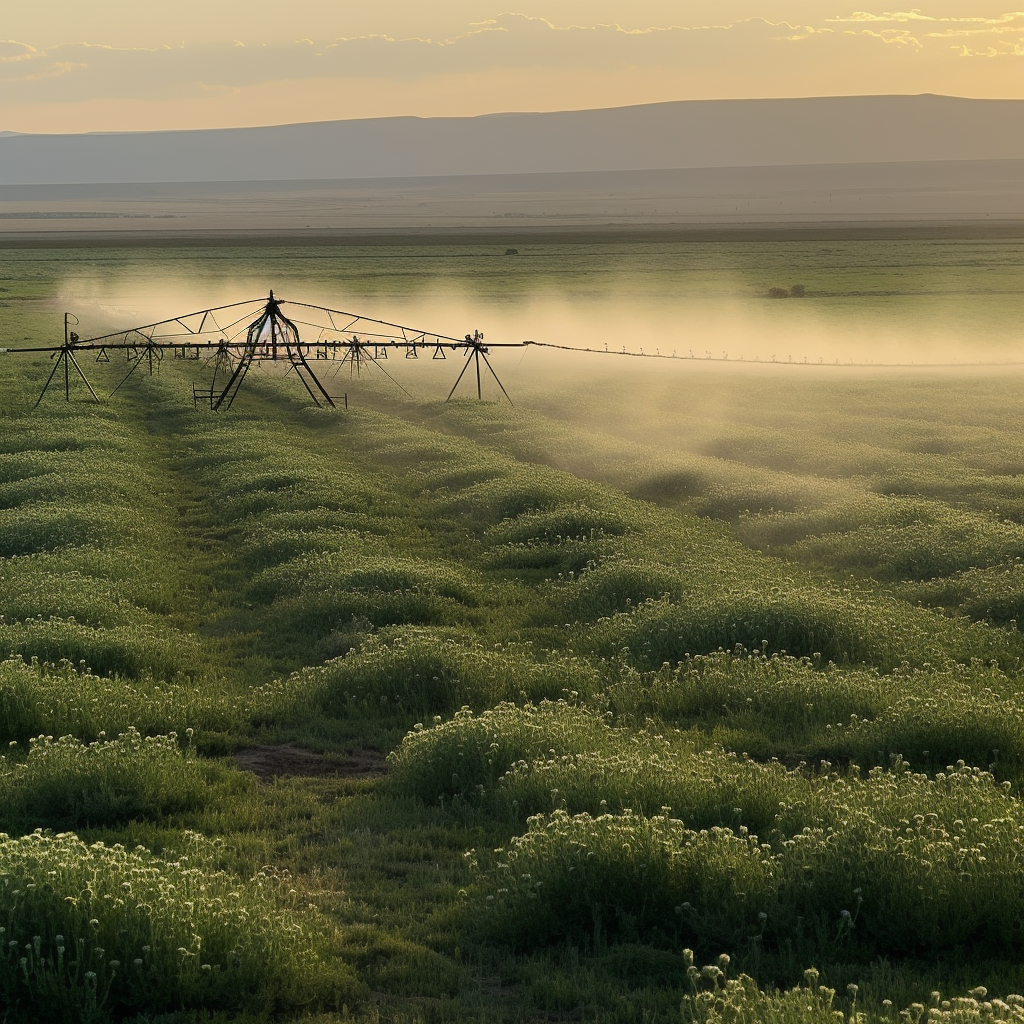Practical Tips and Case Studies for Navigating Water and Irrigation Rights in Oregon
In our series on water and irrigation rights in Oregon, we’ve laid the groundwork on the topic’s history, its importance to property buyers, the nuances of well water rights, and the intricacies of irrigation rights. Now, we’re going to offer some practical tips and share real-life case studies to aid in your understanding of these critical rights.

Practical Tips for Navigating Water and Irrigation Rights
- Do Your Homework: Start your exploration of water rights as soon as you’re interested in a property. Look into the property’s history of water usage, consult the Oregon Water Resources Department’s (OWRD) online database, and check the property deed.
- Contact the Local Irrigation District: If the property falls under an Irrigation District, contact them to learn about the property’s water rights, charges, and any specific rules or requirements.
- Consider Professional Help: Water and irrigation rights can be complex. It may be helpful to hire a water rights consultant or attorney to help you navigate this area.
- Inspect Existing Water Infrastructure: Have a professional inspect existing water infrastructure, like wells or irrigation systems. This can provide you insight into their condition and potential repair or replacement costs.
- Consider Future Needs: Think about your future water needs. If you plan to increase water usage (for a larger garden, additional livestock, etc.), you might need to apply for additional water rights or modify existing ones.
Case Study 1: Lost Rights due to Non-use
Consider the story of a couple who purchased a beautiful home in rural Oregon, with plans to cultivate a substantial vegetable garden. Unfortunately, they learned that the property’s irrigation rights had lapsed due to non-use by the previous owner. They were unable to irrigate their garden as they had planned. The lesson? Always verify that the water rights associated with a property are in good standing.
Case Study 2: Well Water Rights and Shared Wells
Another property buyer purchased a lovely home with a shared well. They assumed they had a legal right to use half an acre-foot of groundwater per year. Unfortunately, they discovered that this limit was for the whole well, not each user, leading to shortages in dry periods. The lesson here is to understand the rules for shared water resources and consider this in your water management planning.
Case Study 3: Understanding Irrigation District Rules
A buyer purchased a property within an Irrigation District, thinking this would guarantee a plentiful water supply. However, they found that the district had specific allocation rules, which limited the water they could use during certain periods. The takeaway is to understand the rules and regulations of your Irrigation District, and how these might impact your intended use of water.
Understanding and managing water rights can be challenging, but with careful research, professional advice, and by learning from others’ experiences, you can ensure that your dream property doesn’t end up leaving you high and dry. Water and irrigation rights are as much a part of buying property in Oregon as location and price – and getting them right can make your experience as a property owner smoother and more rewarding.


